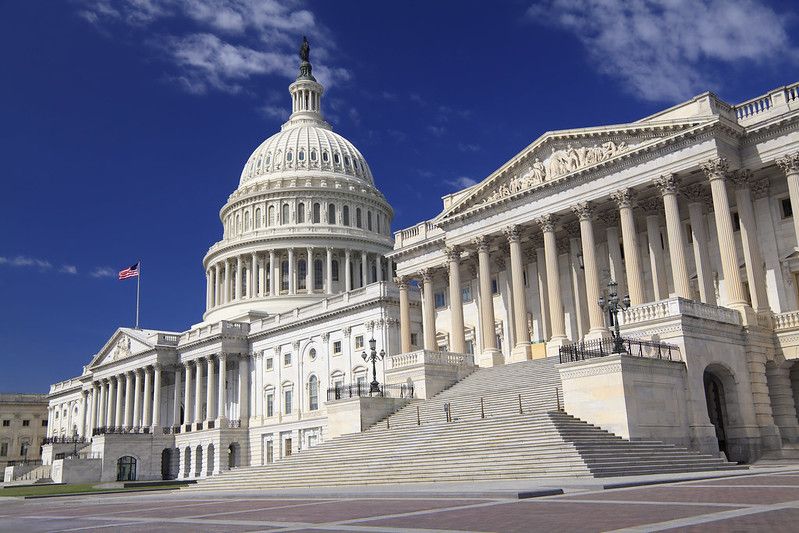United States Senator Benjamin Cardin (D-MD) has introduced new legislation that would allow newspapers to operate as nonprofits. This act, called the Newspaper Revitalization Act, means participating newspapers would operate under U.S. tax code 501(c)(3) status. The publications would still be free to report on all issues, including political campaigns, but they would be prohibited from making political endorsements.
The U.S. Bureau of Labor Statistics says around 15,554 journalism jobs have been cut throughout the past year. “We are losing our newspaper industry” Cardin said.
Decline of circulation, the drop in advertising, and the epochal transition to Internet are seen as the major causes for this downfall of the newspaper industry.
Furthermore, due to the crisis, newspapers such as the Los Angeles Times and Chicago Tribune filed for bankruptcy protection in December, while the Seattle Post-Intelligencer, the Rocky Mountain News, the Baltimore Examiner and the San Francisco Chronicle have ceased daily publication or announced that they may have to stop publishing.
Senator Cardin believes that the new bill will make life easier for the newspapers to survive with the help of the tax exemptions. Speaking on the Senate floor, Cardin added, “As local papers are closing, we’re losing a valuable tradition in America critically important to our communities, critically important to our democracy”.
The bill would offer newspapers the choice to opt out of paying taxes on advertising and subscription revenue in return for agreeing to avoid political endorsements. Newspapers could still cover political issues and elections and would include articles on local, national and international news stories valuable in educating the public.
An especially sad aspect of the crisis is the rising unemployed status of journalists. According to American Journalism Review, only a handful of journalists who lost their jobs found other newspaper jobs. The rest are facing under-employment, doing everything from public relations, to bus driving, to clerking in a liquor store.
American Journalism Review also revealed that journalists who were once making $50,000 to $59,000 are now working at reduced salaries, ranging from $40,000 to $49,000.
Some say newspapers will have a hard time in going nonprofit since the tax officials will be scrutinizing all the newspapers. However, the nonprofit newspapers are finding it hard to survive in the economic turbulence.
Moreover, newspapers will lose the opportunity to include political endorsements except for political adverts which could be construed as “indirect participation” in the election. A n d the new business would permit publishers to claim other advertisement revenue as “tax exempt.”
The bill is still in its initial stage, read twice and has been referred to the committee. How much this would save newspapers and how much it would cost the federal government still remains unclear.







